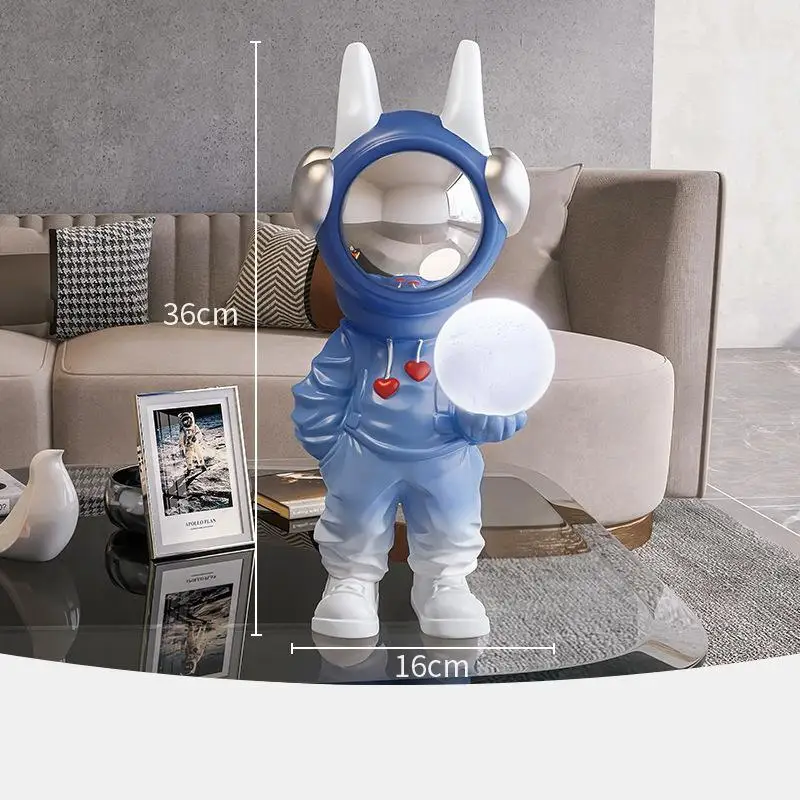The Best Space Movie of 1996: Exploring Interstellar Adventure in Films
Discovering the Epic Space Odyssey of “Independence Day”
Released in 1996, “Independence Day” directed by Roland Emmerich quickly established itself as the ultimate space movie of the year. This gripping sci-fi film takes viewers on a rollercoaster ride of adventure, suspense, and extraterrestrial encounters. Starring Will Smith and Jeff Goldblum, “Independence Day” follows the thrilling battle between humanity and an alien invasion. It explores themes of unity, courage, and the resilience of the human spirit.
With stunning visual effects and an engaging storyline, “Independence Day” captivates audiences of all ages. It combines explosive action sequences with emotional moments that remind us of the power of teamwork and determination. This space movie brought the thrill of interstellar adventure to the big screen, making it a timeless classic that continues to inspire generations.
The Intense Alien Attack in “Independence Day”
In “Independence Day,” the first subtopic, we witness the terrifying alien attack on Earth. The immense spaceships hovering over iconic landmarks create a sense of awe and fear. These scenes showcase the advanced technology of the extraterrestrial beings and the overwhelming challenge faced by humanity.
The second subtopic revolves around the human response to the alien invasion. Characters like Captain Steven Hiller (played by Will Smith) and David Levinson (played by Jeff Goldblum) demonstrate bravery, intelligence, and resourcefulness as they join the fight against the extraterrestrial threat. Their efforts to save humanity resonate with audiences worldwide.
The third subtopic explores the climax of the film, where humanity comes together to launch a counterattack on the aliens. The exhilarating battle scenes and the ultimate triumph of the human race highlight the indomitable spirit of mankind in the face of overwhelming odds.
Impact and Legacy of “Independence Day” on the Space Movie Genre
“Independence Day” sparked a new era of space movies, inspiring filmmakers to push the boundaries of visual effects and storytelling. Its success paved the way for other sci-fi blockbusters in the coming years, such as “Men in Black” and “The Matrix.” The film’s impact on popular culture is evident in the countless references, parodies, and memorable lines that have become a part of our everyday lexicon.
Furthermore, “Independence Day” showcased the importance of representation in the genre. The inclusion of diverse characters, such as Will Smith’s portrayal of Captain Steven Hiller, broke barriers and demonstrated that heroes can come from different backgrounds.
The enduring popularity of “Independence Day” is a testament to its status as the best space movie of 1996. Its timeless themes, thrilling action sequences, and memorable characters continue to captivate audiences, making it a must-watch for fans of interstellar adventures.
Unveiling the Cosmic Mysteries of “Star Trek: First Contact”
“Star Trek: First Contact,” released in 1996, takes the audience on an intergalactic journey with the crew of the USS Enterprise. Directed by Jonathan Frakes, this space movie delves into the depths of the Star Trek universe, exploring the encounter between the iconic starship and the cybernetic Borg species.
With an ensemble cast led by Patrick Stewart as Captain Jean-Luc Picard, “Star Trek: First Contact” combines intellectual intrigue with thrilling space battles. It examines the themes of humanity’s potential for progress, the dangers of assimilation, and the strength of unity in the face of adversity.
The Intrepid Crew and the Borg Threat in “Star Trek: First Contact”
The first subtopic centers around the USS Enterprise crew’s desperate battle against the Borg, a relentless and powerful alien collective. The film delves into the psychological and physical challenges the crew faces as they confront the Borg’s unstoppable quest for assimilation. Captain Picard’s personal vendetta against the Borg adds emotional depth and intensity to the narrative.
In the second subtopic, the film explores Captain Picard’s internal struggle as he battles with the trauma of his own assimilation by the Borg. This part of the storyline delves deeper into the psychological effects of personal trauma and the resilience required to overcome it.
The third subtopic focuses on the realization of humanity’s potential and the triumph of the human spirit. Through their encounter with the Borg, the crew realizes the importance of embracing their unique qualities and values. This realization enables them to not only defeat the Borg but also ensure the future of humanity.
Legacy and Impact of “Star Trek: First Contact” in the Sci-Fi Genre
“Star Trek: First Contact” further solidified the iconic status of the Star Trek franchise. It reminded audiences of the timeless appeal of exploration, adventure, and the optimistic future that the series has come to represent. The film’s success led to the creation of more Star Trek movies and series, keeping the interstellar legacy alive.
Additionally, “Star Trek: First Contact” explored contemporary themes, such as the dangers of losing individuality in a technologically advanced society. It sparked discussions about the ethical implications of technology and the importance of preserving our humanity in an increasingly interconnected world. These thought-provoking elements continue to resonate with viewers.
Overall, “Star Trek: First Contact” remains a beloved space movie that combines thrilling action, intellectual depth, and inspiring characters. Its impact on the sci-fi genre and its ability to captivate audiences make it a standout film in the interstellar adventure canon.
Unearthing the Extraterrestrial Enigma in “Mars Attacks!”
“Mars Attacks!” directed by Tim Burton is a comical and satirical take on the space movie genre. Released in 1996, this film showcases an eccentric cast facing the invasion of Martians with their bizarre features, green skin, and oversized brains, deconstructing the notion of extraterrestrial life in a lighthearted manner.
With an ensemble cast that includes Jack Nicholson, Glenn Close, and Pierce Brosnan, “Mars Attacks!” embraces campiness and humor while touching upon themes of fear, misunderstanding, and the absurdity of global conflict.
The Quirky Invasion and Interactions with Martians in “Mars Attacks!”
The first subtopic explores the initial Martian invasion and the chaos that ensues when humanity encounters the zany extraterrestrial beings. The Martians unleash havoc with their distinctive weaponry and audacious attacks, resulting in both fear and hilarity.
In the second subtopic, the film delves into the absurd and often humorous interactions between humans and Martians. These interactions highlight the miscommunication and misunderstanding that can occur between different species, creating comedic moments that stand in contrast to the more serious portrayals in other space movies.
The third subtopic focuses on the global response to the Martian invasion. The film satirizes the excessive militarization and political turmoil that often accompany international conflicts, showcasing how humanity’s own divisions can be just as destructive as any extraterrestrial threat.
The Enduring Legacy of “Mars Attacks!” as a Cult Classic
“Mars Attacks!” has achieved cult status over the years due to its unique blend of humor, campiness, and social commentary. It subverts the traditional space movie genre, challenging audience expectations and celebrating absurdity. The film’s distinctive visual style, including the iconic depiction of the Martians themselves, has become synonymous with the quirky charm of Tim Burton’s filmmaking.
Despite its initial mixed reception, “Mars Attacks!” has gained a dedicated following who appreciate its subversive take on the sci-fi genre. The film’s success has spawned merchandise, references in popular culture, and a lasting legacy as a beloved cult classic.
Expanding Horizons: Reflections on the Best Space Movies of 1996
The space movies of 1996 offered audiences a diverse range of interstellar adventures. “Independence Day” captivated viewers with its epic battles and timeless themes of unity and courage. “Star Trek: First Contact” delved into the depths of the iconic Star Trek universe, exploring humanity’s potential for progress and the dangers of assimilation. “Mars Attacks!” provided a comical and satirical take on extraterrestrial encounters, challenging audience expectations and celebrating absurdity.
These space movies continue to captivate audiences of all ages, each leaving a unique legacy within the genre. Whether it’s the pulse-pounding action of “Independence Day,” the intellectual intrigue of “Star Trek: First Contact,” or the humor of “Mars Attacks!,” these films remind us of the limitless possibilities and fascinating mysteries that lie beyond our planet.







